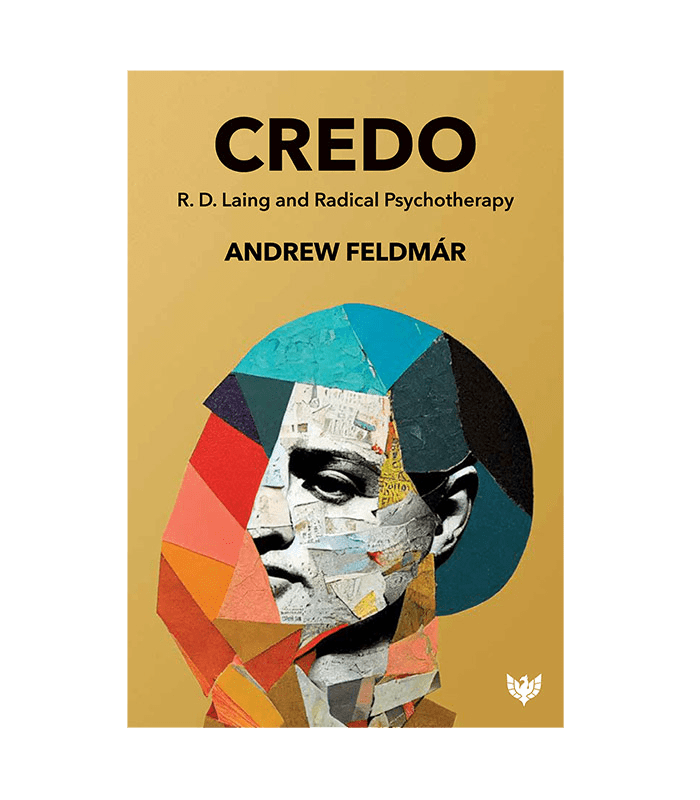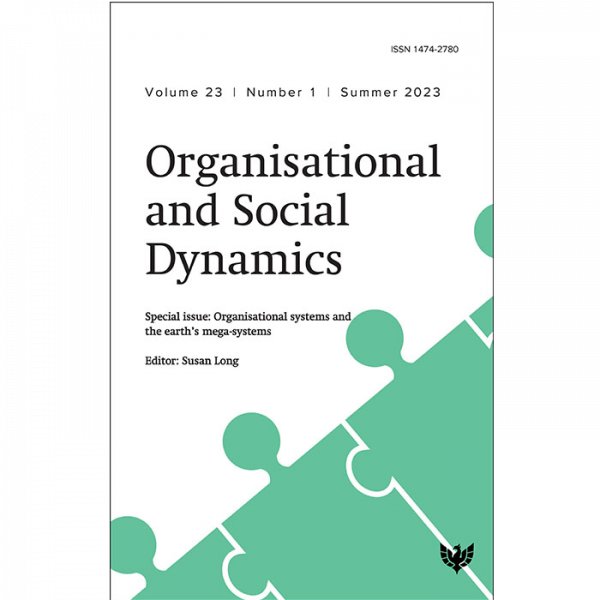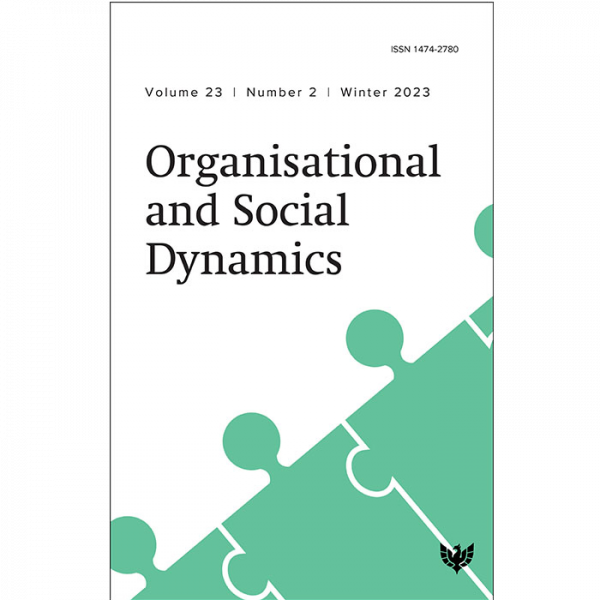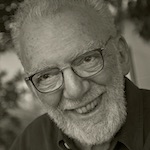Tamás Vekerdy, one of the most well-known Hungarian psychologists, called Credo an ’essential insight not just into Feldmár’s life but into the world and the era that we currently live in.’
Feldmár was three and a half years old when the Arrow Cross came and took his mother to Auschwitz, his father to labour service, and his grandmother to the ghetto. A young Catholic woman hid him for a year and a half – perhaps she inspired Feldmár to become the kind stranger in many other people’s lives years later. Feldmár was sixteen in 1956 when the revolution was crushed, and he escaped from Hungary to Canada all by himself. He fled from bleak prospects and a controlling, critical mother into the unknown. He ended up in Toronto, Canada, and became an academic. In the early 1970s, he met the person who radically changed his thinking: R. D. Laing.
The book’s longest chapter, ’Journal Entries’, comes from notes Feldmár took in 1974–1975 when he studied with Laing in London. He adds notes and remarks in the present to the past, increasing the tension in the already fascinating passages. Following this is the text of an important conversation with Laing, covering topics such as love, therapy, and change. Next is a paper by his lifelong friend Francis Huxley, ’Shamanism, Healing, and R. D. Laing’. The book concludes with perhaps its most influential chapter, ’Fantasy and Reality’. Here, Feldmár speculates on the fundamental elements of his approach to psychotherapy: the nature of responsibility and ethics, politics, freedom, individuality, community, solidarity, will, and relationships.
The bond between Feldmár and Laing permeates every page of Credo. The reader can closely follow Feldmár’s remarkable journey of how their relationship shaped his therapeutic approach and helped him develop into the radical and inspirational psychotherapist he is today. This book is essential reading for all psychotherapists, psychoanalysts, and fans of R. D. Laing.






Paul Zeal, MA, writer and psychotherapist –
‘With an unerring sense of direction, Andrew Feldmár, born into a desperate situation in Hungary, found his way from Canada to R. D. Laing and the milieu around him in London in 1974 (I was there too). His one year of intensive involvement became foundational both for his life and for his career as a psychotherapist, founded in the ethics of ancient wisdom and existential courage. Through many what he calls “magnified moments”, he tells and shows how to fully inhabit one’s own life despite trauma and struggles, as a simultaneous sine qua non for being in communion with anyone else and with all that is. I remember and think of Andrew with respect and personal warmth; his Credo is well worth reading.’
Phyllis Chesler, writer, psychotherapist, and professor emerita of psychology and women’s studies, College of Staten Island –
’Andrew Feldmár’s Credo is an amazing memoir, filled with brave personal revelations, a record of his intellectual journeys and accomplishments, his conversations with some of the world’s leading psychologists, philosophers, psychiatrists, and healers –especially R. D. Laing but also Francis Huxley, David Bakan, and others – and his vast reading of the West’s major thinkers. Credo is a guide to Feldmár’s humility as a therapist, his eternal life as an outsider – a Jew, a Hungarian-speaking Canadian – and his ability to always start over again and to “market his pathology” as a compassionate therapist to very diverse populations. I am honored to have worked with him in Vancouver and New York — but even I did not know that Feldmár had founded a Laingian-style shelter (Soteria) for people with psychiatric diagnoses in Hungary or that friends had founded a Feldmár Institute there to popularise his theoretical and practical approaches to psychotherapy.’
Leon Redler, physician, psychotherapist, and researcher –
‘I found reading Credo inspiring, even therapeutic, and I think it could be so for many who read it with an open mind and heart. It’s written with careful, attentive observations and questioning of self and others, and with a clarity of intentions and aspirations. It has a lot of jargon-free, undogmatic, uncommon sense.’ (Read the full review here)
Murray Gordon, MAHP, Living Psychology –
‘I found this an intriguing book to read. One can learn much about the formulation of a radical psychotherapeutic method here. […] we can refer to Credo as a valuable contribution to the world of Humanistic Psychology, amongst other things.’ (Read the full review here).
Leon Redler, ‘Mad in the UK’, June 2024 –
‘I found reading Credo inspiring, even therapeutic, and I think it could be so for many who read it with an open mind and heart. I think that may be so for the psychotherapists, trainee therapists and people considering psychotherapy, who may be among its main initial readers. […] It’s written with careful, attentive observations and questioning of self and others, and with a clarity of intentions and aspirations. It has a lot of jargon-free, undogmatic, uncommon sense.’
Rose Baring, British Journal of Psychotherapy 00, 0 (2024) 1–3 –
‘The book is such a clarion call to individual freedom, to therapy as “a process by which patients find their own path”, (286 p.) that this feels in keeping with its spirit. […] Feldmár’s role is to provide a place for the patient to be without anyone pressurising them, to encourage them to be themselves by taking them seriously and to demystify their narrative by encouraging scepticism about the stories they tell themselves. It is not to give them certainty, but to help them find something which frees them to be themselves.’